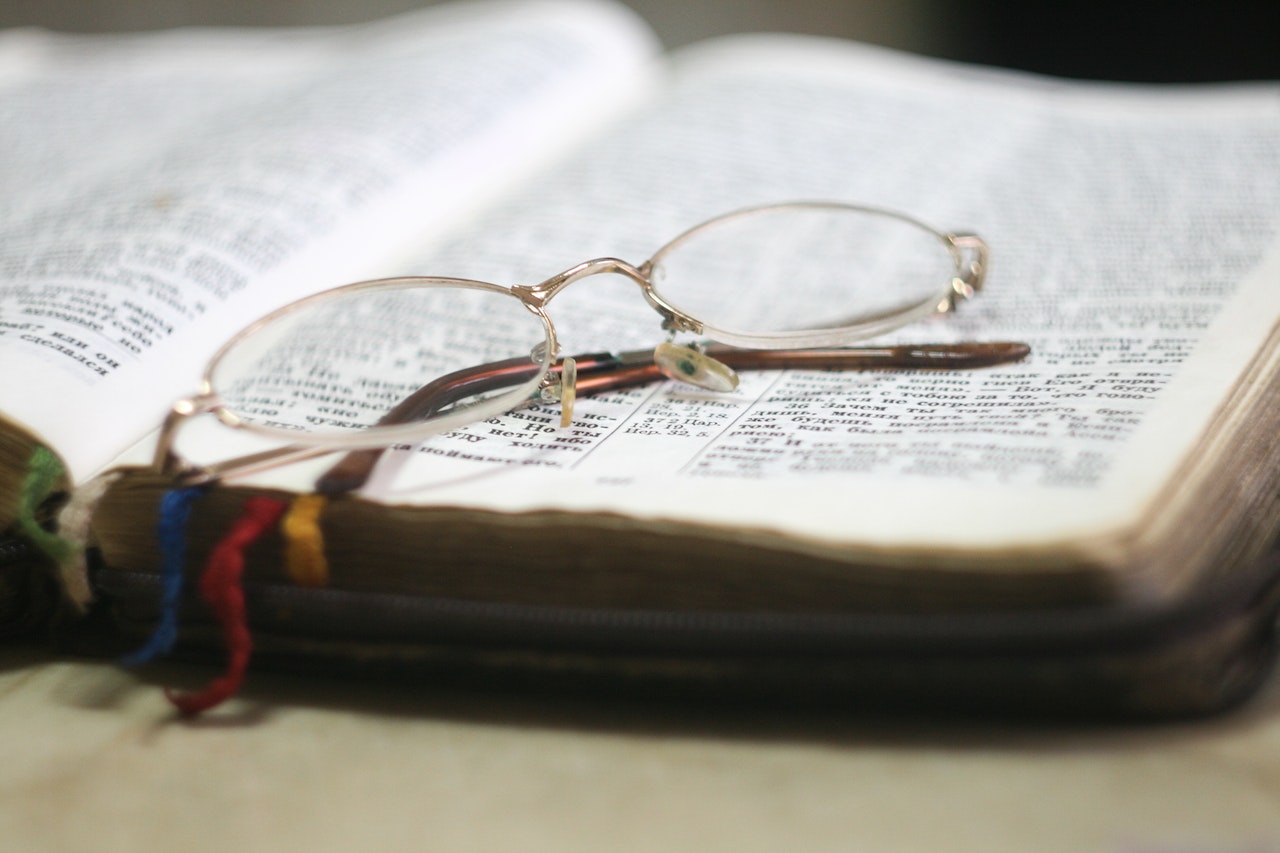The question of whether priests can have tattoos has been a topic of debate for many years. While some religious denominations have strict rules against tattoos, others are more lenient. In this article, we will explore the various opinions on this issue and discuss the implications of having tattoos as a priest. We will also look at the history of tattoos in the religious context and how it has evolved over time. Finally, we will examine the potential benefits and drawbacks of having tattoos as a priest.
Table of Contents
Exploring the History of Tattoos in the Clergy: How Have Attitudes Changed?
Tattoos have been around for centuries, and for just as long, there has been a debate about whether or not they are appropriate for members of the clergy. While tattoos have become increasingly popular in recent years, the clergy has traditionally been seen as a group that should remain free of body art. But how have attitudes towards tattoos in the clergy changed over time?
In the past, tattoos were seen as a sign of rebellion and were often associated with criminals and other unsavory characters. This made them particularly taboo for members of the clergy, who were expected to uphold a certain level of moral authority. As a result, tattoos were largely frowned upon in religious circles and were seen as a sign of disrespect for the church.
However, attitudes towards tattoos in the clergy have shifted in recent years. As tattoos have become more mainstream, they have become more accepted in religious circles. Many churches now allow their members to get tattoos, as long as they are tasteful and not offensive. This has opened the door for clergy members to express themselves through body art without fear of judgement or criticism.
At the same time, there are still some religious organizations that maintain a strict stance against tattoos. These organizations believe that tattoos are a sign of vanity and immorality, and that they should not be allowed in the clergy.
Overall, attitudes towards tattoos in the clergy have changed significantly over the years. While tattoos were once seen as a sign of rebellion and immorality, they are now becoming more accepted in religious circles. This has allowed clergy members to express themselves through body art without fear of judgement or criticism.
Examining the Debate Around Tattoos and the Priesthood: What Are the Pros and Cons?
When it comes to tattoos and the priesthood, there is a lot of debate. On one side, some people believe that tattoos are a form of self-expression and should not be a barrier to priesthood. On the other side, some people believe that tattoos are a sign of rebellion and should be discouraged. So, what are the pros and cons of tattoos and the priesthood?
Pros:
1. Tattoos can be a form of self-expression and can be a way to show pride in one’s faith and culture.
2. Tattoos can be a way to honor a loved one or commemorate a special event.
3. Tattoos can be a way to express one’s individuality and creativity.
Cons:
1. Tattoos can be seen as a sign of rebellion and can be seen as a distraction from the priesthood.
2. Tattoos can be seen as a sign of immaturity and can be seen as a sign of disrespect for the priesthood.
3. Tattoos can be seen as a sign of vanity and can be seen as a sign of pride.
Ultimately, it is up to each individual to decide whether or not they want to get a tattoo and whether or not they want to pursue the priesthood. It is important to remember that tattoos are a personal choice and should not be judged by others. Everyone should be free to express themselves in whatever way they choose.
Investigating the Role of Tattoos in Different Religions: What Do They Symbolize?
Tattoos have been around for centuries, and they have been used to express a variety of meanings in different cultures and religions. In some religions, tattoos are seen as a way to honor a deity or to show devotion to a particular faith. In other religions, tattoos are seen as a form of protection or a way to ward off evil. So, what do tattoos symbolize in different religions?
In Hinduism, tattoos are seen as a way to honor the gods and goddesses. They are often used to represent a particular deity or to show devotion to a particular god or goddess. Tattoos can also be used to represent a person’s spiritual journey or to symbolize a particular mantra or prayer.
In Buddhism, tattoos are seen as a way to express one’s commitment to the teachings of the Buddha. They are often used to represent the Eightfold Path or to symbolize the Four Noble Truths. Tattoos can also be used to represent a person’s spiritual journey or to show devotion to a particular Buddhist teacher.
In Christianity, tattoos are seen as a way to honor God and to show devotion to Jesus Christ. They are often used to represent a particular Bible verse or to symbolize a particular prayer. Tattoos can also be used to represent a person’s spiritual journey or to show devotion to a particular Christian saint.
In Islam, tattoos are seen as a way to honor Allah and to show devotion to the Prophet Muhammad. They are often used to represent a particular verse from the Quran or to symbolize a particular prayer. Tattoos can also be used to represent a person’s spiritual journey or to show devotion to a particular Islamic teacher.
No matter what religion you practice, tattoos can be a powerful way to express your beliefs and to honor the divine. Whether you choose to get a tattoo to honor a deity, to show devotion to a particular faith, or to represent your spiritual journey, tattoos can be a meaningful way to express yourself.
Analyzing the Impact of Tattoos on the Perception of Priests: How Do They Affect Public Opinion?
When it comes to tattoos and priests, it’s a topic that can spark a lot of debate. On one hand, some people believe that tattoos can be a sign of rebellion and go against the traditional values of the priesthood. On the other hand, others argue that tattoos can be a form of self-expression and can even be seen as a sign of faith. So, how do tattoos affect public opinion of priests?
To answer this question, it’s important to look at the history of tattoos and how they have been viewed in different cultures. In some cultures, tattoos have been seen as a sign of strength and courage, while in others they have been seen as a sign of rebellion. In the Christian faith, tattoos have traditionally been seen as a sign of sin and rebellion against God.
However, in recent years, there has been a shift in public opinion towards tattoos. Many people now view tattoos as a form of self-expression and a way to express their faith. This shift in public opinion has led to more priests getting tattoos, and some churches even allowing them.
So, how do tattoos affect public opinion of priests? It’s hard to say for sure, but it seems that tattoos can be seen as a sign of faith and self-expression, rather than a sign of rebellion. This shift in public opinion could be beneficial for priests, as it could help them to connect with their congregations in a more meaningful way.
Ultimately, it’s up to each individual to decide how they feel about tattoos and priests. However, it’s clear that tattoos can be seen as a sign of faith and self-expression, rather than a sign of rebellion. This shift in public opinion could be beneficial for priests, as it could help them to connect with their congregations in a more meaningful way.
Conclusion
In conclusion, it is ultimately up to the individual priest to decide whether or not they want to have tattoos. While some religious organizations may have specific rules about tattoos, it is ultimately a personal decision. Ultimately, it is important to remember that tattoos are a form of self-expression and should be respected regardless of one’s religious beliefs.
For licensing reasons, we must provide the following notice: This content was created in part with the help of an AI.


